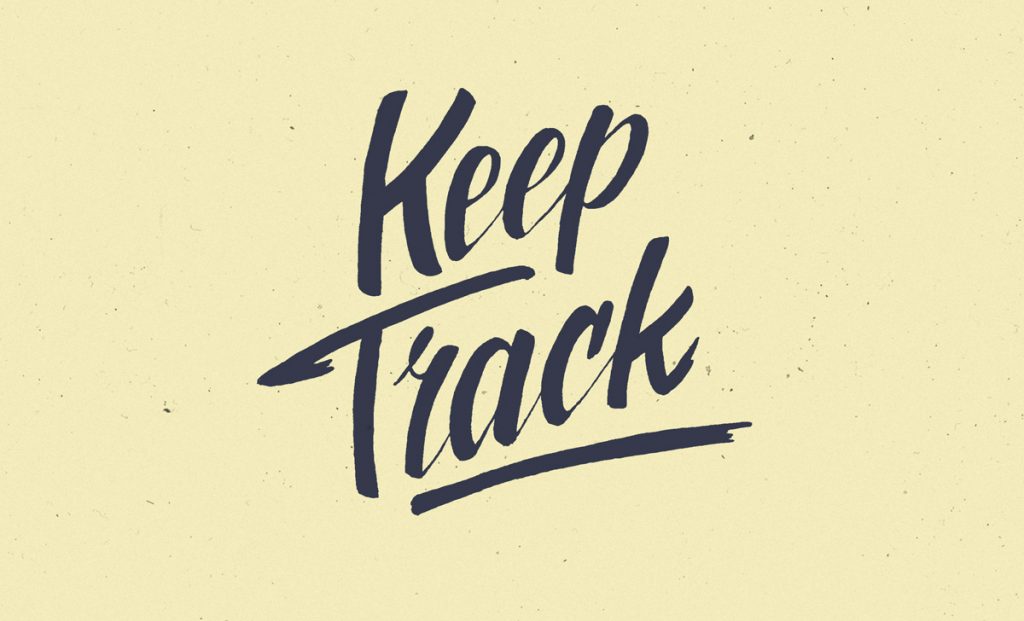Tell the truth – what do you do when you get an email from your bank informing you that your monthly current account statement is ready to read? You’re not alone if you simply delete the email and move on with your day. Looking at your bank statement and confirming that the payments in and debits out are correct might seem like a hassle, but it’s a habit well worth developing because it can save you money and time in the long run.
So, why is it important to check your bank statement regularly? First, mistakes happen. It’s not unheard of for a bank to accidently direct a payment into the wrong account or for a vendor to mistakenly double charge a customer. Similarly, we can make mistakes and misapply a payment if a sort code or an account number is transcribed incorrectly. At the end of last year, one man accidently had his solicitor transfer his almost £200,000 inheritance to someone else’s account because he wrote the sort code down wrong. Most misapplied payments aren’t that large, but any amount is too much. By checking your bank statement you’re more likely to catch errors, both big and small, and the earlier you notice them, the sooner they can be sorted out.
Have you ever tried to cancel a membership only to find the charge continuing to deduct from your account many months later? In 2018 researchers found that in a lifetime, the average Briton will spend an eyewatering £30,000 on unwanted or forgotten direct debits. Nowadays it’s common for people to have a slew of direct debits coming out of their account regularly for a variety of things including rent, utilities, subscription services, phone bills, and memberships. If you don’t check your bank statement monthly it’s easy for pesky unwanted charges to slip through the cracks and although a single charge might not add up to much, if it continues to occur unchecked you could be losing a sizable amount of money.
This meshes well with the third reason for keeping up with your bank statement – it can help you budget and track of your spending habits. We often think we will remember how we spend our money each month, but often these estimates are incorrect. By looking at your statement you can see how much you have coming in and going out each month. Additionally, you will get a true understanding of how you spend your money – whether it’s on online shopping and take out coffees or rent and subscription fees. If there’s something you want to save for, reading your statement will help you determine how you can adjust your spending habits.
Using a payment system like Ordo can also help you track your finances and prevent the misapplied payments that can occur with bank transfers. With Ordo you only need a phone number or email address in order to request a payment. There is no need to exchange sensitive bank account information, so you avoid the fat finger input errors that result in misapplied payments, meaning money lands where it’s meant to every time. Try Ordo for free today!
